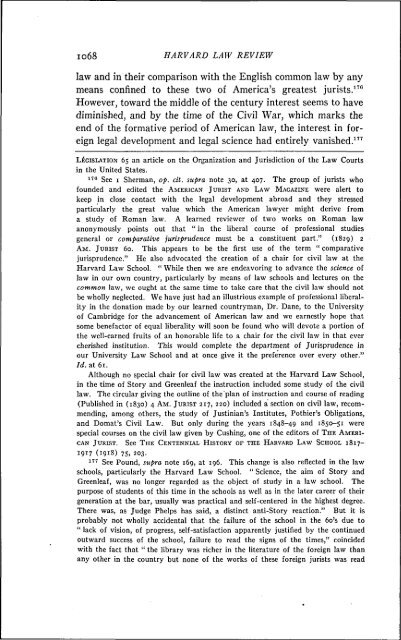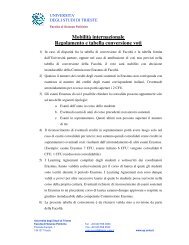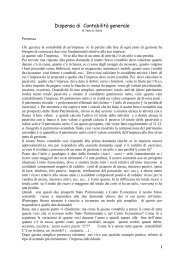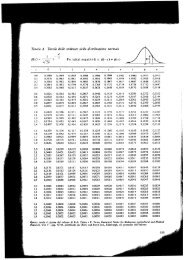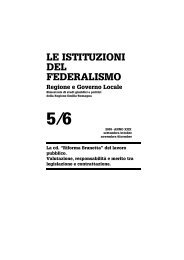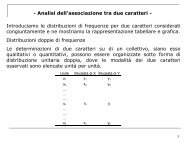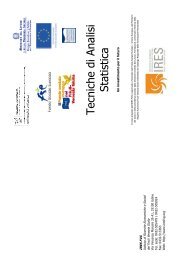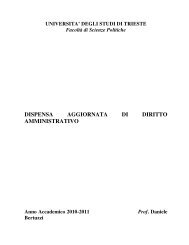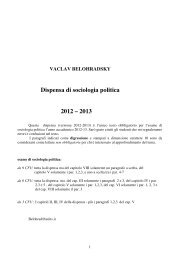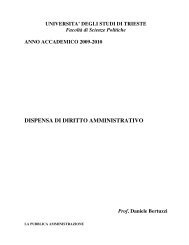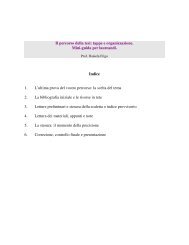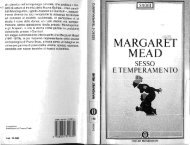THE HISTORY OF COMPARATIVE LAW * ^COMPARATIVE law, as ...
THE HISTORY OF COMPARATIVE LAW * ^COMPARATIVE law, as ...
THE HISTORY OF COMPARATIVE LAW * ^COMPARATIVE law, as ...
Create successful ePaper yourself
Turn your PDF publications into a flip-book with our unique Google optimized e-Paper software.
io68 HARVARD <strong>LAW</strong> REVIEW<br />
<strong>law</strong> and in their comparison with the English common <strong>law</strong> by any<br />
means confined to these two of America's greatest jurists.^'"<br />
However, toward the middle of the century interest seems to have<br />
diminished, and by the time of the Civil War, which marks the<br />
end of the formative period of American <strong>law</strong>, the interest in foreign<br />
legal development and legal science had entirely vanished."'<br />
LEGISLATION 65 an article on the Organization and Jurisdiction of the Law Courts<br />
in the United States.<br />
1^" See I Sherman, op. cit. supra note 30, at 407. The group of jurists who<br />
founded and edited the AMERICAN JURIST AND <strong>LAW</strong> MAGAZINE were alert to<br />
keep in close contact with the legal development abroad and they stressed<br />
particularly the great value which the American <strong>law</strong>yer might derive from<br />
a study of Roman <strong>law</strong>. A learned reviewer of two works on Roman <strong>law</strong><br />
anonymously points out that " in the liberal course of professional studies<br />
general or comparative jurisprudence must be a constituent part." (1829) 2<br />
AM. JURIST 60. This appears to be the first use of the term " comparative<br />
jurisprudence." He also advocated the creation of a chair for civil <strong>law</strong> at the<br />
Harvard Law School. " While then we are endeavoring to advance the science of<br />
<strong>law</strong> in our own country, particularly by means of <strong>law</strong> schools and lectures on the<br />
common <strong>law</strong>, we ought at the same time to take care that the civil <strong>law</strong> should not<br />
be wholly neglected. We have just had an illustrious example of professional liberality<br />
in the donation made by our learned countryman, Dr. Dane, to the University<br />
of Cambridge for the advancement of American <strong>law</strong> and we earnestly hope that<br />
some benefactor of equal liberality will soon be found who will devote a portion of<br />
the well-earned fruits of an honorable life to a chair for the civil <strong>law</strong> in that ever<br />
cherished institution. This would complete the department of Jurisprudence in<br />
our University Law School and at once give it the preference over every other."<br />
Id. at 61.<br />
Although no special chair for civil <strong>law</strong> w<strong>as</strong> created at the Harvard Law School,<br />
in the time of Story and Greenleaf the instruction included some study of the civil<br />
<strong>law</strong>. The circular giving the outline of the plan of instruction and course of reading<br />
(Published in (1830) 4 AM. JURIST 217, 220) included a section on civil <strong>law</strong>, recommending,<br />
among others, the study of Justinian's Institutes, Pothier's Obligations,<br />
and Domat's Civil Law. But only during the years 1848-49 and 1850-51 were<br />
special courses on the civil <strong>law</strong> given by Cushing, one of the editors of <strong>THE</strong> AMERI-<br />
CAN JURIST. See <strong>THE</strong> CENTENNIAL <strong>HISTORY</strong> <strong>OF</strong> <strong>THE</strong> HARVARD <strong>LAW</strong> SCHOOL 1817-<br />
1917 (1918) 75, 203.<br />
"'' See Pound, supra note 169, at 196. This change is also reflected in the <strong>law</strong><br />
schools, particularly the Harvard Law School. " Science, the aim of Story and<br />
Greenleaf, w<strong>as</strong> no longer regarded <strong>as</strong> the object of study in a <strong>law</strong> school. The<br />
purpose of students of this time in the schools <strong>as</strong> well <strong>as</strong> in the later career of their<br />
generation at the bar, usually w<strong>as</strong> practical and self-centered in the highest degree.<br />
There w<strong>as</strong>, <strong>as</strong> Judge Phelps h<strong>as</strong> said, a distinct anti-Story reaction." But it is<br />
probably not wholly accidental that the failure of the school in the 6o's due to<br />
" lack of vision, of progress, self-satisfaction apparently justified by the continued<br />
outward success of the school, failure to read the signs of the times," coincided<br />
with the fact that " the library w<strong>as</strong> richer in the literature of the foreign <strong>law</strong> than<br />
any other in the country but none of the works of these foreign jurists w<strong>as</strong> read


